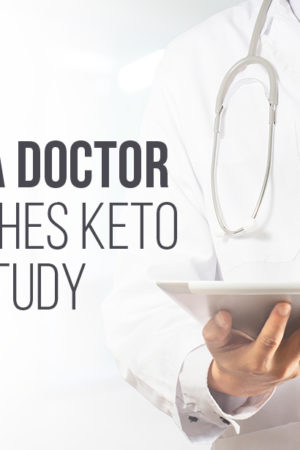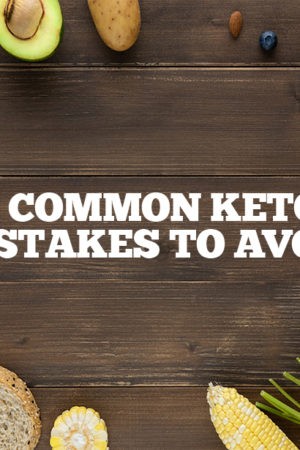One media giant recently published an article with this headline: “Low-protein, high-carb diet may help ward off dementia.”1 At the heart of the article is a study conducted by researchers at Sydney University. These researchers fed mice a diet with different ratios of protein and carbohydrates to determine which diets had the most positive effect on brain health. Their conclusion is that a higher-carbohydrate diet could slow the effects of aging on the brain.
In reality, however, their conclusion is not so conclusive. In Psychology Today, Dr. Georgia Ede helps us understand why the researchers’ study is severely limited in the scope of its application.2
Problem #1: the chow
In the published study, few details about the “chow”—the food—of the mice were given. For a study that exclusively focused on the effects food had, this is a startling omission. However, the researchers did note that the diets were based on a certain type of rodent feed, which Dr. Ede was able to track down. Here’s how she described the food: “Notice that this ‘food’—made from casein (isolated milk protein), starch, sugar, and canola oil—is essentially the equivalent of a highly-processed ice cream cone, formed into mouse chow pellets.” These diets contained nothing a mouse would eat in the wild—no wild vegetation, insects, or anything else (somewhat gross) a mouse would prefer to eat. In other words: none of the diets make sense.
Beyond that, researchers did not describe the ingredients they fed the mice in the new diet. Since there are different types of carbohydrates, some of which can very negatively impact overall health, readers simply can not draw accurate conclusions based off this study. The opacity of the researchers’ decision led Dr. Ede to comment “How does a methods section like this pass scientific peer review? Shouldn't scientists conducting dietary experiments be required to disclose the ingredients of the diets they are studying?”
Problem #2: low-carb diets were not studied
Check out the ratios that the researchers fed the mice (all diets contained 17.8% fat):
- Control group: 18.8% protein, 63.4% carbohydrate
- Group 1: 15% protein, 67.2% carbohydrate
- Group 2: 10% protein, 72.2% carbohydrate
- Group 3: 5% protein, 77.2% carbohydrate
What do you notice here? Simply: no low-carb diet was studied for comparison. All the diets included in this study are considered high-carb.
Problem #3: mice are not people
Researchers failed to acknowledge how differences in both digestion and dietary needs between humans and mice might impact their findings. Mice have a digestive tract that is better designed to handle higher amounts of fibrous plants. Thus, decreasing their protein intake might make sense while the same thing wouldn't for humans. Some studies suggest that humans may need more than 10% of their calories to come from protein, meaning that a diet of 5% protein would be unhealthy for humans.3
What this means for you:
Unless you’re a mouse eating only highly-processed pellets, this study shouldn’t change your diet. Certainly, many different factors can play into your dietary choices. Low-carb diets have a long history of helping with brain health and diseases. Do your research well to find a diet that relies on science and helps you meet your goals in a healthy way.
NUTRITIONAL DISCLAIMER
The content on this website should not be taken as medical advice and you should ALWAYS consult with your doctor before starting any diet or exercise program. We provide nutritional data for our recipes as a courtesy to our readers. We use Total Keto Diet app software to calculate the nutrition and we remove fiber and sugar alcohols, like erythritol, from the total carbohydrate count to get to the net carb count, as they do not affect your blood glucose levels. You should independently calculate nutritional information on your own and not rely on our data. The website or content herein is not intended to cure, prevent, diagnose or treat any disease. This website shall not be liable for adverse reactions or any other outcome resulting from the use of recipes or recommendations on the Website or actions you take as a result. Any action you take is strictly at your own risk.
- Keto Might Give Navy SEALs an Advantage - July 18, 2019
- The Primary Roles of Fat in Our Diets - July 8, 2019
- Low Carb Tech is Transforming Diabetes Treatment - June 21, 2019































